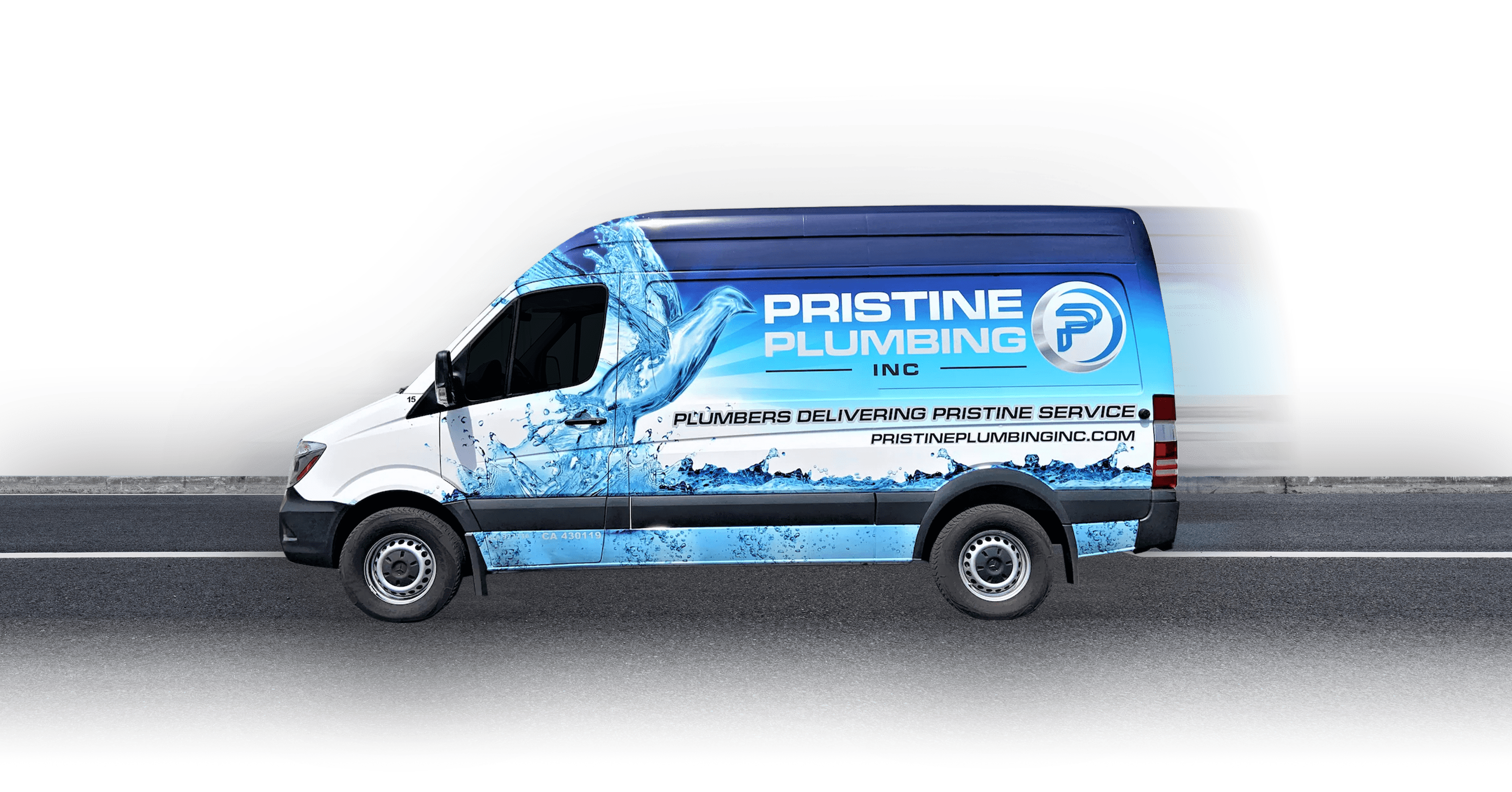What is Hard Water?
Simply put, hard water is water with a high mineral count, particularly magnesium and calcium. These minerals accumulate on the inside of pipes, fixtures, and appliances, slowly building up until they reach the point of causing plumbing problems.
These mineral deposits, also called scale buildup, can impair plumbing performance, cause damage, and shorten the life of the hot water tank, pipes, appliances, and fixtures. In other words, untreated hard water can cost a homeowner a lot of money in repair and replacement costs if not properly addressed. These hard water problems are preventable by installing a whole-home water softener. In this blog, plumbing experts discuss hard water, why it is a problem, what a water softener is, and how it can help solve those problems.
A water softener is a filtration system that removes minerals from incoming water via a process known as ion exchange. The water passes through a bed of plastic resin beads that are negatively charged with a sodium ion. The minerals are positively charged and attach themselves to the resin beads. In other words, whole home water softeners strip the hardness from the water entering the home.
A water softener is not just another expense. It is a smart investment that can pay for itself because it prevents problems and unnecessary repair and replacement costs caused by hard water.
Signals of Hard Water
There are several ways to tell if a home has hard water:
-
- Spots on dishes and glasses after washing
-
- No lather when showering
-
- No suds in the washing machine
-
- Dull, stiff clothes that are not fully clean
-
- Loss of water pressure
-
- The water heater has to work harder, increasing utility costs
-
- Mineral buildup on plumbing fixtures – showerheads, faucets, dishwashers
-
- Dry or itchy skin
-
- Dry hair
-
- Odd-tasting or smelling water
There are several ways to tell if a home has hard water:
-
- Spots on dishes and glasses after washing
-
- Spots on dishes and glasses after washing
-
- No lather when showering
-
- No suds in the washing machine
-
- Dull, stiff clothes that are not fully clean
-
- Loss of water pressure
-
- The water heater has to work harder, increasing utility costs
-
- Mineral buildup on plumbing fixtures – showerheads, faucets, dishwashers
-
- Dry or itchy skin
-
- Dry hair
-
- Odd-tasting or smelling water
Why Is the Investment Worth It?
A whole home water softener is not a luxury but a necessity in areas where hard water is a problem. Homeowners who opt for a water softener installation can reap many benefits, including:
-
- Lower utility bills
-
- Fewer costly repairs
-
- Extended life for water heaters and dishwashers
-
- Better water pressure
-
- No mineral buildup on faucets and shower heads
-
- Softer skin and hair
-
- Cleaner glasses and dishes
-
- Softer and brighter laundry
-
- Soaps and detergents are more effective
-
- Better-tasting wat

